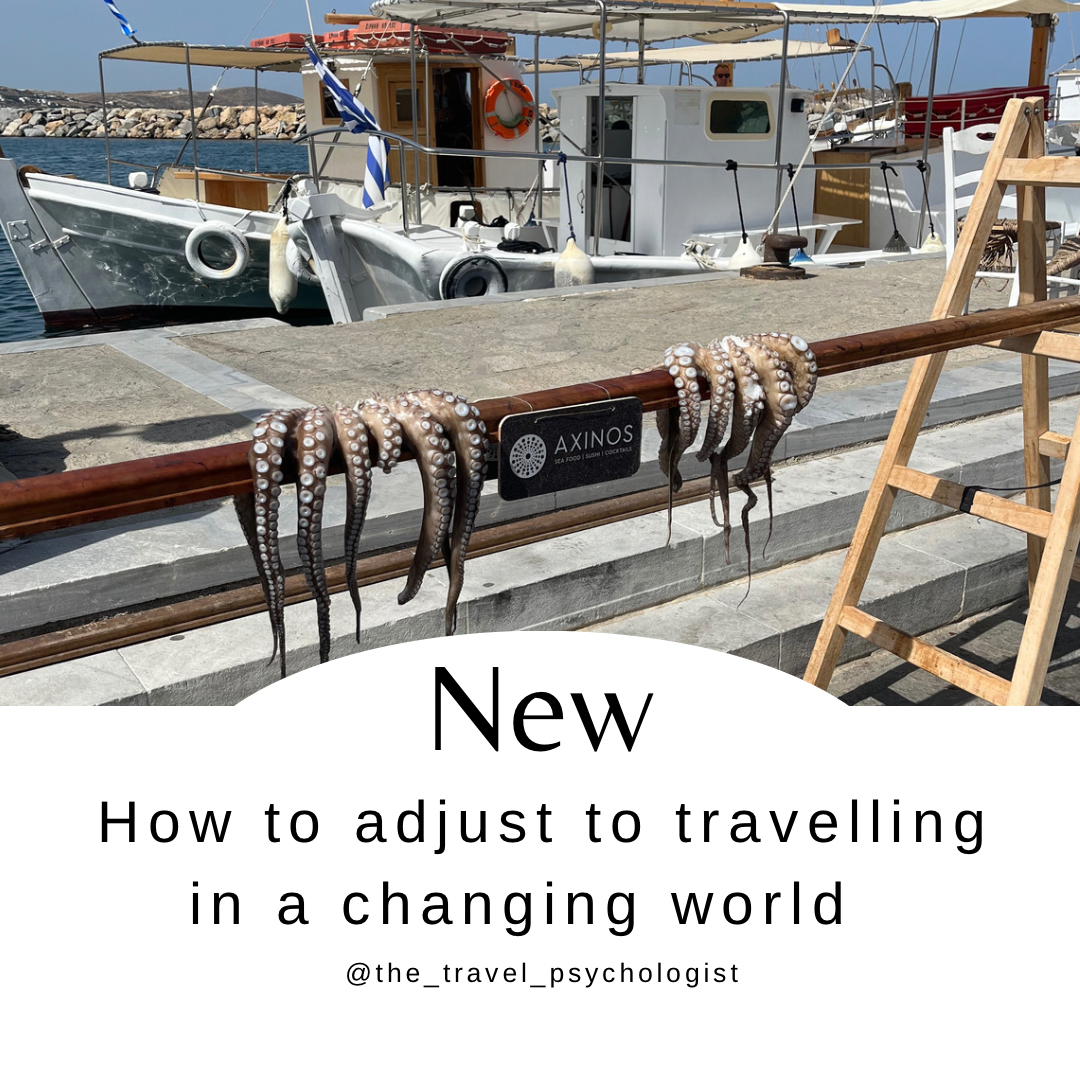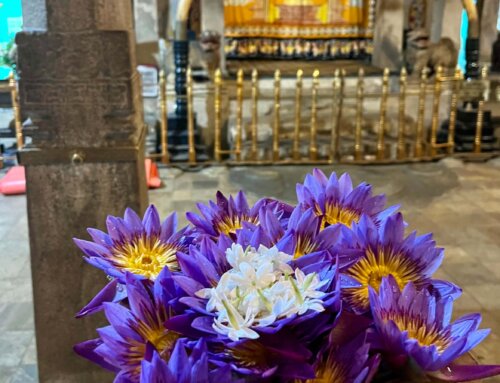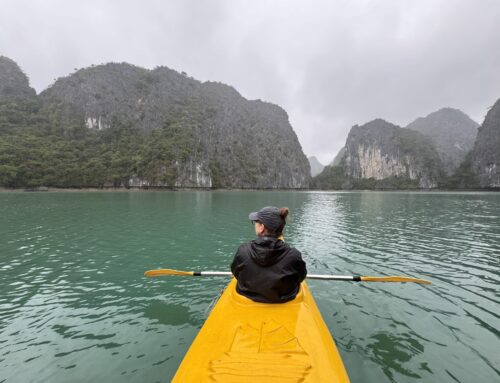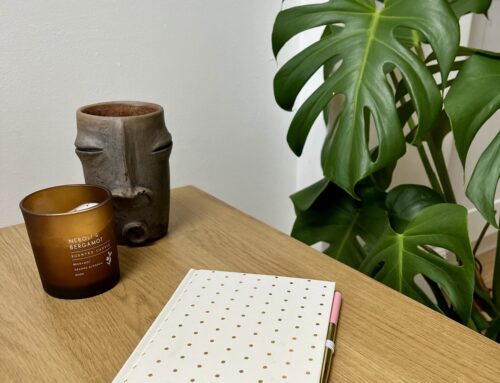Dr Charlotte Russell, Clinical Psychologist and Founder
As many of our regular readers know, I have been visiting Greece for more than 20 years. On my first trip the drachma was still the currency, high-end restaurants were rare and Instagram would be more than a decade away. Fast forward to 2024 and whilst Greece still retains its natural charm and many of the traditional restaurants, there has been a steady stream of change. Destinations such as Mykonos and Santorini have long been tourist hotspots, but the swanky restaurants and matching price points have started to spread more widely.
This is not necessarily a bad thing. Change is a natural part of life and tourism destinations are no different. Adjusting to change can be difficult though. In this article I’m going to talk you through individual differences in adjusting to change and to provide some top tips for travelling in a changing world.
Individual differences in appetite for change
Personality factors
We vary significantly in our natural appetite for change due to differences in personality, curiosity and coping styles. Those of us who are highly curious will typically enjoy adventure and new things. On the other end of the spectrum there are those that are more conservative and prefer the ‘tried and tested’. A good demonstration of this is to think about your school classmates; you may notice these differences between those who have stayed in your hometown and those who have travelled around the world studying and/or having various jobs and adventures.
Likewise when it comes to travel there are adventurous types who never travel to the same place twice, and who like to stay far away from the beaten track. On the other hand there are those who have done the same package holiday at the same resort for 40 years. There is no judgement here, but the point here is that we naturally vary HUGELY in our appetite for change.
The role of appraisal
An appraisal in psychology means how we interpret an event. For example, whether we judge something that happens to be a good thing or a bad thing.
With this in mind, if we consider a change to be something sinister or something to be fearful of, then we are more likely to struggle to adjust. When people see rapid change they can sometimes find this difficult our overwhelming, particularly if the pace of change exceeds their natural appetite and coping ability. In this scenario we have two options; become uncomfortable and acknowledge and deal with this emotional discomfort. Or less preferably, become angry and bitter and allow this to have a negative impact on our travel experiences.
Of course change can have positive elements as well as being challenging. In a technical age, many of us would struggle to imagine traveling without Google maps to help us get around, and review sites helping us to choose accommodation and restaurants.
Psychological flexibility and our ability to prepare and adjust
Dr Jill previously wrote about psychological flexibility which is our ability to be aware of and adapt to the circumstances that we are in. This ability to adapt is also important to adjusting to change.
When we are psychologically flexible, we recognise the need to adjust to change and take steps to prepare ourselves emotionally, even when this is uncomfortable.
Why is it so hard for me to adjust to change?
You may be someone who is lower on the ‘openness to experience’ dimension of personality and perhaps less curious and psychologically flexible than average. You may also tend to interpret change as always being negative, rather than a natural part of life.
If you are someone struggles with change, think about what has helped you to deal with change in the past. You may find that similar strategies work well in the current circumstances. Giving yourself extra time will also be important. Remind yourself that change can be difficult and can take time. You may feel uncomfortable now but over time your feelings will change.
What kinds of change do people struggle with when it comes to travel?
In our recent Instagram poll, 100% of our readers who responded indicated that they had struggled ‘a little’ or ‘a lot’ with changes related to travel. The most common concerns were:
- Rising prices
- Increased visitor numbers meaning destinations are very busy
- Increased Wi-Fi availability which can impact on our ability to relax and detach
Tips for adjusting to change
The following tips can help you to navigate changes that you may experience on your travels. I’ve included advice for specific challenges as well as more general strategies for adjusting to change.
Rising prices
- Watch out for any appraisals that might be unhelpful for adjusting to change. Examples might include “I’m being ripped off”. Whilst there will be bars and restaurants that are on the expensive side, you have choice whether to eat or drink there (or not). There are always cheaper places to eat and drink, usually away from the main tourist areas.
- It sounds obvious, but don’t expect that your money will get you the same standard of holiday, year on year. This is particularly true in today’s cost of living crisis and so it is necessary either to increase the budget, to make sacrifices, or decrease the duration. It’s better to prepare yourself for increased prices beforehand or you run the risk of feeling upset and frustrated on your long-awaited trip.
- If your budget is tight, think about what is important to you, and use your budget intentionally on the things that matter to you. For more on this read How much should I spend on my holiday? A psychological guide
Coping with increased visitor numbers
- See our previous article What is overtourism and how can I navigate visiting busy places?
Struggling to switch off from devices
- Think about how you want to use your holiday time. If you intend to switch off from social media and your work emails, think in advance about how you will achieve this. This might include setting boundaries like only checking apps once a day, for a specified time period or not at all! Our devices are designed to keep us wanting more and so it is our responsibility to put steps in place to mitigate this. Watch out for that thoughts like “I’ll just answer this one email..” as these can be a slippery slope.
General tips for adjusting to change
- Recognise that adjusting to change can be difficult and remind yourself of this. Adjustment is part of a process whilst it may feel uncomfortable at first, these feelings will change over time.
- Be aware of your unique personality and your appetite for change. If you are someone struggles with change, think about what has helped you adjust in the past. You may find that similar strategies work well in the current circumstances.
- Talk to your travel companions about the changes you observe, and think with them about what is good and not so good about the changes. If you want to you can also spend some time reflecting on what else has changed in your lifetime and what is good and bad about those changes. Try to take a balanced view rather than idealising the past or seeing all change as negative.
Most of all focus on enjoying the things you love most on your holiday. Being in the sea is one of my favourites and that feeling never changes. Notice the warmth of the sun on your skin and how exciting it feels to be somewhere new exploring, or how comforting it feels to be in a beautiful and familiar place.





